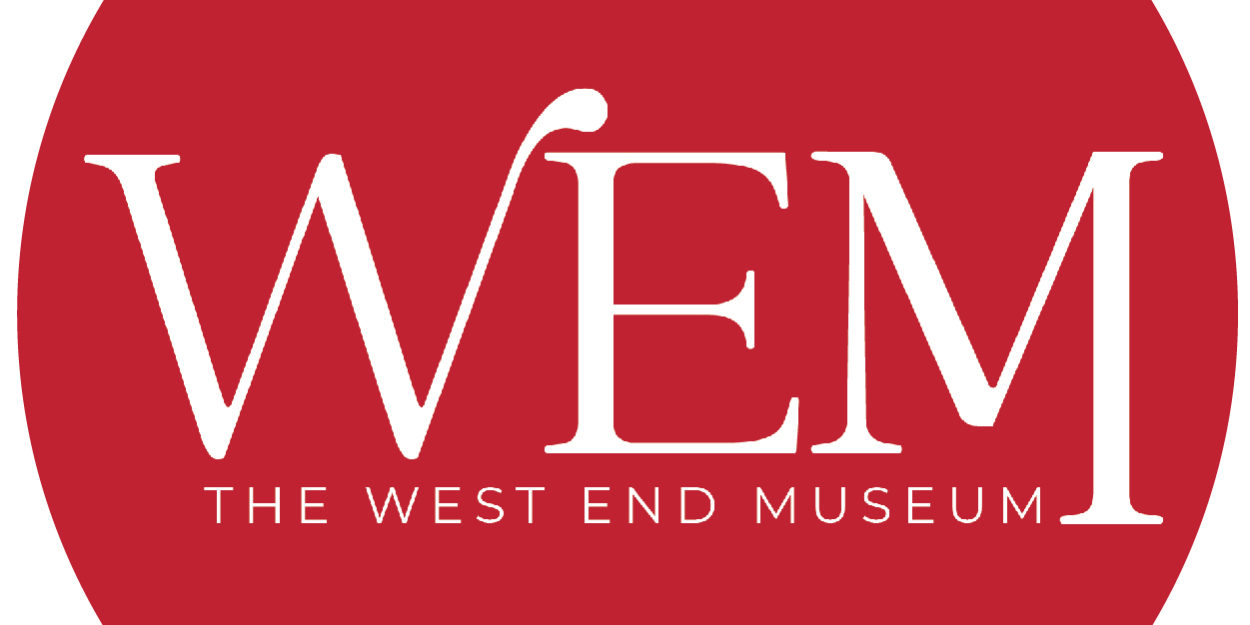June 2014 Newsletter
By Sue Minichiello
Local historian, community organizer and arts aficionado Duane Lucia has been named President of The West End Museum Board of Directors. In his new role, Lucia will provide greater leadership in addition to his range of experience at the Museum and expertise on West End history and culture.
Lucia served on the Board of The Old West End Housing Corporation when it first began doing business as The West End Museum. In 2010, the Museum became its own nonprofit entity, and Lucia was elected Board Secretary. In January 2011, he additionally took on the role of Curator of Exhibits, boosting the number, range and quality of the Museum’s shows and related programs. To help provide continuity of leadership during a period of significant growth and change, Lucia served as Executive Director for 18 months in 2012 and 2013. When he stepped down from this role, he continued as Curator and also created an operating manual that defined the structure and management of the Museum. It’s noteworthy that Lucia took on these responsibilities in a volunteer capacity.
“Everyone in this community is a stakeholder in its well-being-from businesses to old West End families to new West Enders to other institutions, and we at the Museum take our stakeholder role very seriously,” says Lucia.
As a historian and a current West End resident, Lucia has a unique perspective on the community as it was before urban renewal and as it is today. His work on behalf of the neighborhood stretches far beyond the Museum. Lucia founded the West End Community Center and the West End Children’s Festival, and served as President of the West End Civic Association. He also co-founded Gallery East, an avant-garde arts center and performance space in Boston’s Leather District (now a virtual museum at Gallery East Network).
As Board President, Lucia will be recognized as the public face of the Museum with its members, its community and its sponsors. At present, the West End Museum does not pay an Executive Director. Lucia says he will continue his work as Curator while increasing his responsibilities on the Museum Board. “I’m basically the default Executive Director, the person in charge of the day-to-day operations.” says Lucia. “The Board as a whole ensures fiscal responsibility and the financial health of the organization.”
Lucia says he will continue the focus on programming, membership and funding. He is working towards an endowment and other reserves to provide a stronger operating budget and ensure the prosperity of the Museum well into the future.
New Members' Gallery Exhibit - The Elizabeth Peabody House
By Sue Minichiello
On Tuesday, May 20, The West End Museum premiered a new exhibit, The Elizabeth Peabody House, in the Members’ Gallery. The exhibit showcases this treasured social service institution of the West End that has served immigrant families for generations, providing spaces for education, recreation and more. The show runs through Saturday, July 19.
The exhibit surveys the history and prominence of The Elizabeth Peabody House, one of Boston’s first settlement houses. Original schedules and annual reports detailing the institution’s programs will be on display as well as photographs of its most beloved clubs-including its nationally recognized science club and its important social service work, which included the country’s first pasteurized milk stations and a free school lunch program. The show emphasizes the particular sympathy and progressive ideology of the settlement workers, and the impact that the workers and the immigrants had on one another.
The Peabody House was established in 1896 in Boston’s West End and named for Elizabeth Palmer Peabody (1804-1894)-a writer, intellectual and activist who rallied against slavery, championed women’s rights, led educational reform and opened the first English-speaking kindergarten in the U.S. in 1860. The settlement house focused largely on children’s issues and continuing Peabody’s work in early childhood education. No less important, it uplifted and educated the immigrants in one of Boston’s most congested neighborhoods. In 1912, the Peabody House moved into a newly constructed, seven-story building that housed a kindergarten, library, community theater and gym.
Leonard Nimoy, an alumna of Peabody Houses’ theater club, remembers the settlement house fondly. “To put it simply, The Elizabeth Peabody House was a blessing. Programs were offered in sports, theater and science as well as classes of all kinds to help immigrants find their way into the American culture,” Nimoy said. “My brother was active in the science lab and became an MIT graduate and a chemical engineer. I was drawn to the theater program and it set me on a path, which became my life’s work.”
Today, the Peabody House is located in Somerville, where many families relocated after the “urban renewal” that razed the Old West End. The organization continues its mission to support Greater Boston’s immigrant communities, helping families to reach their full potential by providing early childhood education, youth enrichment opportunities and family support services.
Additional Text


